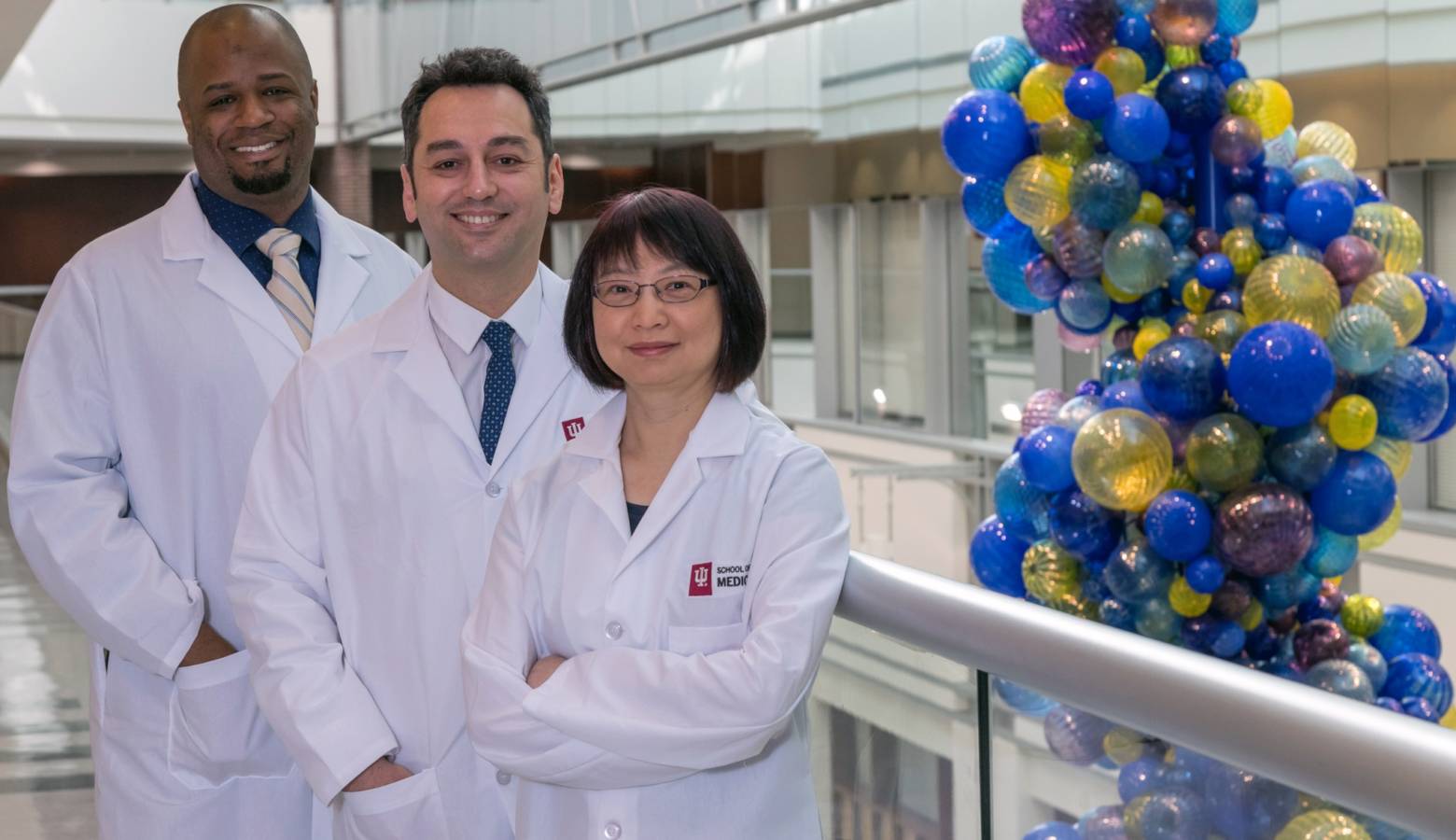3D Bioprinted Organ Research Advancing In Indiana

Indiana scientists are on the frontlines of research that could result in organs for transplant created by 3D bioprinting.
Indiana University of School of Medicine research on organ transplant technology will get a boost from a $9 million, four-year agreement with the company Lung Biotechnology.
The work to create organs using a 3D bioprinter is advancing says Dr. Burcin Ekser.
“Of course the technology is not there yet to print the full size human organ, but as of now, we can print the mini-organ models so we can test them,” say Ekser.
The group is the first to bioprint a pig cell model that could be used one day to aid in xenotransplantation.
“Xenotransplantation is a cross-species transplantation and the best accepted one is using genetically engineered pig organs in humans,” says Ekser.
The goal is to be able to produce all types of organs for human use.
Ekser and his team led on a soon to be published study that details the work to print the first genetically engineered pig cells to create a “scaffold-free” pig liver model.
“They make their own extracellular matrix and within five to six days we are able to slide them off of their micro needle support and then they are basically free-standing tissue,” says Ekser.
The school is a leader in the field and has one of only two university-owned bioprinters cable of producing the tissue.
There are more than 110,000 people nationwide waiting for a transplant, nearly 1,500 in Indiana.
Other collaborators around Indiana are partnering with the group to share knowledge and advance the field

